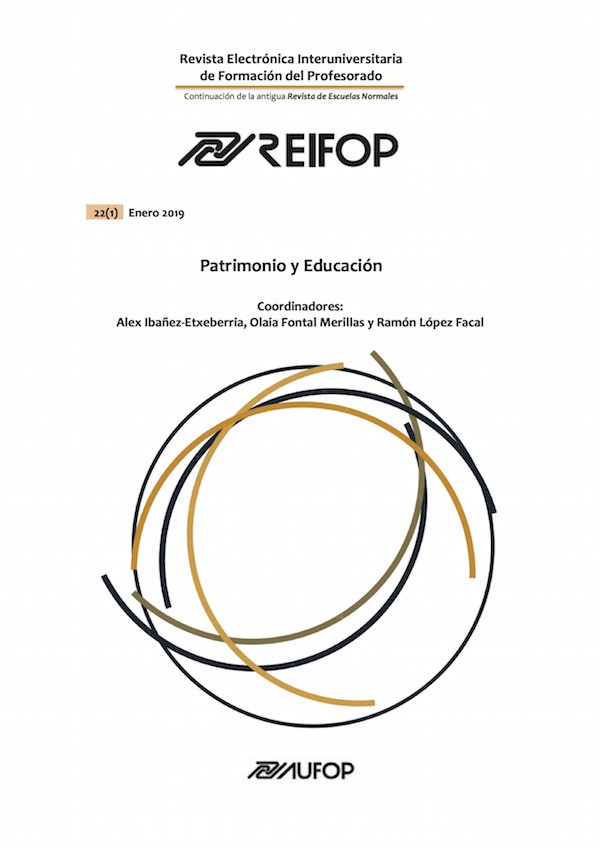Council of Europe Cultural Heritage and Education Policy: Preserving Identity and Searching for a Common Core?
Abstract
Abstract
This article presents the Council of Europe’s educational policy, indicating its major milestones and characteristics when it comes to issues of cultural heritage. First it offers an analysis of the strategic documents (i.e. recommendation No. R (98) 5 of the committee of ministers to member states concerning heritage education and conventions, with emphasis on the Council of Europe Framework Convention on the Value of Cultural Heritage for Society (Faro Convention). The notion of a common European Cultural Heritage as a shared and non-renewable resource is presented in the human rights approach to cultural heritage. The article pays special attention to intercultural dialogue and how it is supposed to support the European cultural identity. The second part explores existing links between the Council of Europe (CoE) and EU policies. The EU joint programmes regarding Cultural Routes of the Council of Europe (Joint Programme with the European Commission [DG GROW] and Joint Programme with the European Commission [DG-REGIO] (Routes4U) are presented. Additionally, the authors point out the links between the UNESCO cultural conventions and the Council of Europe policy framework. Finally, the article delivers conclusions as to whether a synergy exists between the European Union’s and the CoE’s policies, and answers the question why this is so important in cultural heritage education.
Key words
Cultural heritage, education, Council of Europe, synergy, conventions
Downloads
-
Abstract2591
-
pdf1630
References
The article has been prepared within the framework of the project DigiCONFLICT (Digital Heritage in Cultural Conflicts), agreement No. 98/DSAP-JG/2018, ERA-NET JPI Heritage Plus „JPICH Digital Heritage”.
Los artículos que se publican en esta revista están sujetos a los siguientes términos:
1. El Departamento de Métodos de Investigación y Diagnóstico en Educación de la Universidad de Murcia (España), junto con el Servicio de Publicaciones de la Universitdad de Murcia (Editum) son los editores de la revista REIFOP y conserva los derechos patrimoniales (copyright) de los artículos publicados, permitiendo la reutilización de las mismos bajo la licencia de uso indicada en el punto 2.
2. Las obras se publican en la edición electrónica de la revista bajo una licencia Creative Commons Reconocimiento-NoComercial-SinObraDerivada 3.0 España (texto legal). Se pueden copiar, usar, difundir, transmitir y exponer públicamente, siempre que: i) se cite la autoría y la fuente original de su publicación (revista, editores y URL de la obra); ii) no se usen para fines comerciales; iii) se mencione la existencia y especificaciones de esta licencia de uso.
3. Condiciones de auto-archivo. Se permite y se anima a los autores a difundir electrónicamente las versiones pre-print (versión antes de ser evaluada) y/o post-print (versión evaluada y aceptada para su publicación) de sus obras antes de su publicación, ya que favorece su circulación y difusión más temprana y con ello un posible aumento en su citación y alcance entre la comunidad académica. Color RoMEO: verde.















